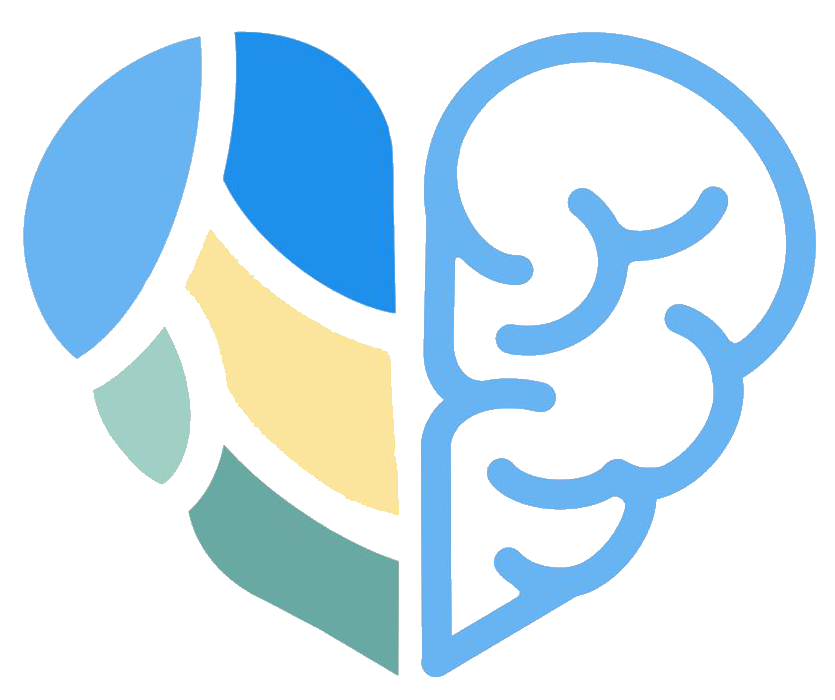Grief is an intricate tapestry of feelings that weaves its way into the depths of our souls. It is a normal reaction to loss, and it is an unavoidable companion to love and adoration. Grief envelops us when we lose someone or something dear to us, casting a shadow over our hearts and brains.
Grief is a part of the human experience. It is a testament to our capacity for love and loss. It reminds us of our shared vulnerability and the fragility of life.
Navigating through a heartbreaking loss looks different for everyone. Each individual grieves in their own unique way, shaped by their relationship with what has been lost. Some may accept it with a pit in the stomach while others may struggle to come to terms with the loss. No matter the path taken, grief carves its mark on our souls, leaving a profound impact on our lives.
Grief transforms with time. It eventually gets less suffocating, developing into a bittersweet friend. It teaches us the delicate skill of allowing ourselves to appreciate memories while carefully releasing their hold on our emotions. Grief becomes a teacher, guiding us toward healing and acceptance, even if the lessons are difficult to learn.
You will most likely feel lost in the immediate aftermath of a loss. Getting through the day might feel impossible, and your energy will be divided. Following are some of the ways to help yourself heal after the loss:
- Allow yourself to grieve: Recognize that a wide range of feelings, such as sorrow, rage, guilt, or even relief, are acceptable and healthy. Allow yourself to experience these feelings and recognize that they are a necessary part of the healing process.
- Express your emotions: Find healthy outlets for your emotions. Consider keeping a journal, doing art, or engaging in hobbies that allow you to express yourself.
- Seek support: Surround yourself with people who are supportive and empathetic and who can provide comfort. Reach out to friends, family members, or support groups that may empathize with what you're going through and provide a listening ear or a shoulder to lean on.
- Take care of your physical health: Grief may have a negative impact on your physical health. Make sure you're eating nutritious foods, getting regular exercise, and getting enough sleep. Taking care of your physical health might help you heal emotionally.
- Seek professional help: If the pain of grieving is overwhelming, chronic, or interfering with your everyday functioning, you might need professional support.
Please find comfort in knowing that you are not alone as you navigate through the uneven terrain of grieving. You will find the strength to honour your loss, weave it into the fabric of your life, and finally emerge with renewed hope and resilience.
-Visha Patel, Aspiring Psychologist
